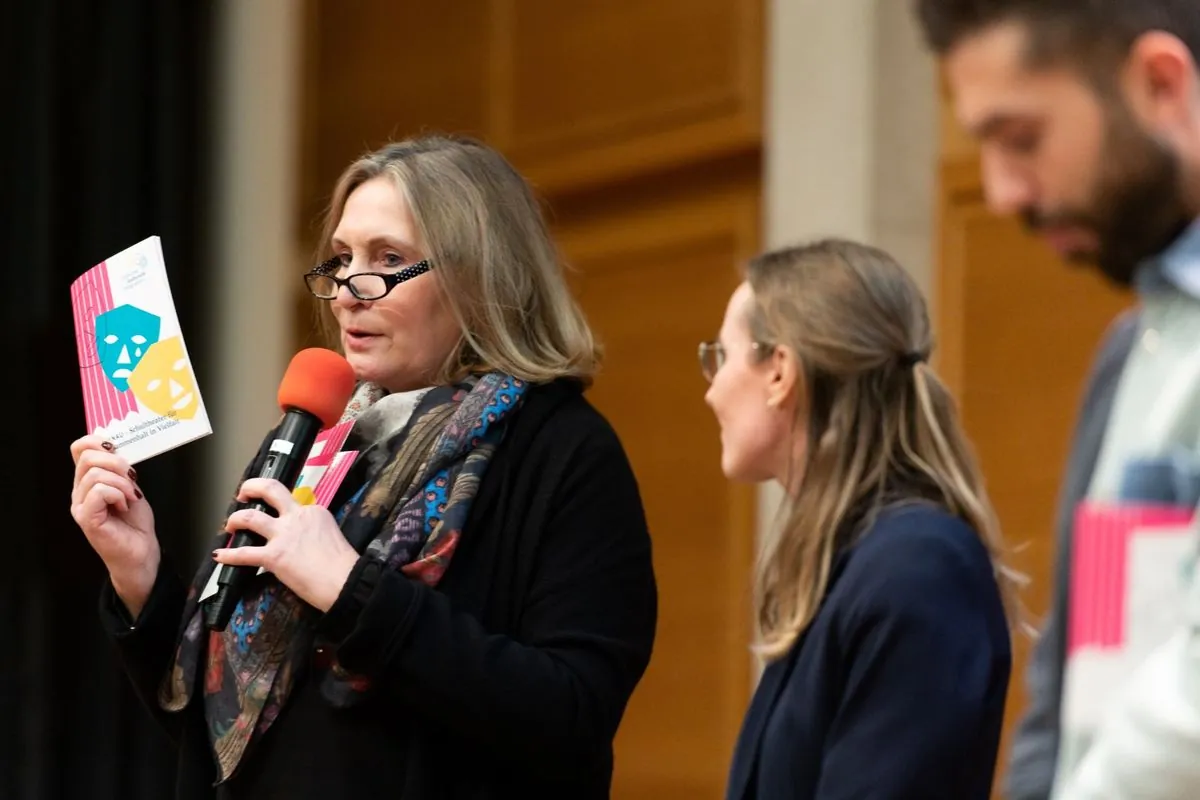In the aftermath of a tragic event that shook Germany, Serpil Temiz Unvar has emerged as a resilient voice against racism and far-right extremism. Her son, Ferhat, was among nine victims of a targeted attack on immigrants in Hanau on February 19, 2020. This incident, occurring in a city where nearly 30% of residents do not hold German passports, highlighted Germany's ongoing struggle with xenophobia and far-right violence.
The Hanau attack is part of a disturbing pattern in Germany. In October 2019, a right-wing extremist targeted a synagogue in Halle, and earlier that year, politician Walter Lübcke was murdered for his pro-refugee stance. These events underscore the persistent threat of far-right terrorism in the country.
In response to her son's death, Unvar channeled her grief into activism. In November 2020, she established the Ferhat Unvar Educational Initiative, aimed at combating racism in the German education system. The organization provides workshops for students, teachers, and professionals, addressing systemic racism and empowering young people from immigrant backgrounds.
"I said, OK, I couldn't help Ferhat, but I can help them through Ferhat."
Despite her efforts, Unvar faces ongoing harassment from Hans-Gerd R., the father of her son's killer. This persistent intimidation, including home visits and threatening letters, highlights the deep-rooted nature of racist ideologies in some segments of German society.
The rise of the far-right Alternative for Germany (AfD) party further complicates the situation. In the 2024 European Parliament elections, the AfD gained significant support, securing 16% of the vote. More alarmingly, the party won 32.8% in Thuringia's state election and is leading polls in Brandenburg ahead of the September 22, 2024 vote.
Germany's response to far-right violence has been criticized as inadequate. A parliamentary investigation into the Hanau attack revealed multiple security failures, including understaffed police and locked emergency exits. However, no officials were disciplined specifically for these shortcomings.
The country's history with far-right terrorism, exemplified by the National Socialist Underground (NSU) which killed 10 people over 13 years, demonstrates a longstanding issue with recognizing and addressing this threat.
Despite these challenges, Unvar remains committed to her cause. Her organization's work has gained recognition, winning the Aachen Peace Prize in 2021. She has also connected with other victims' families across Europe, building a support network for those affected by terrorism.
As Germany grapples with its far-right problem, Unvar's story serves as a powerful reminder of the human cost of hate and the importance of continued vigilance against extremism. Her fight is not just for her son's memory, but for a future where all children, regardless of their background, can feel safe and valued in German society.
